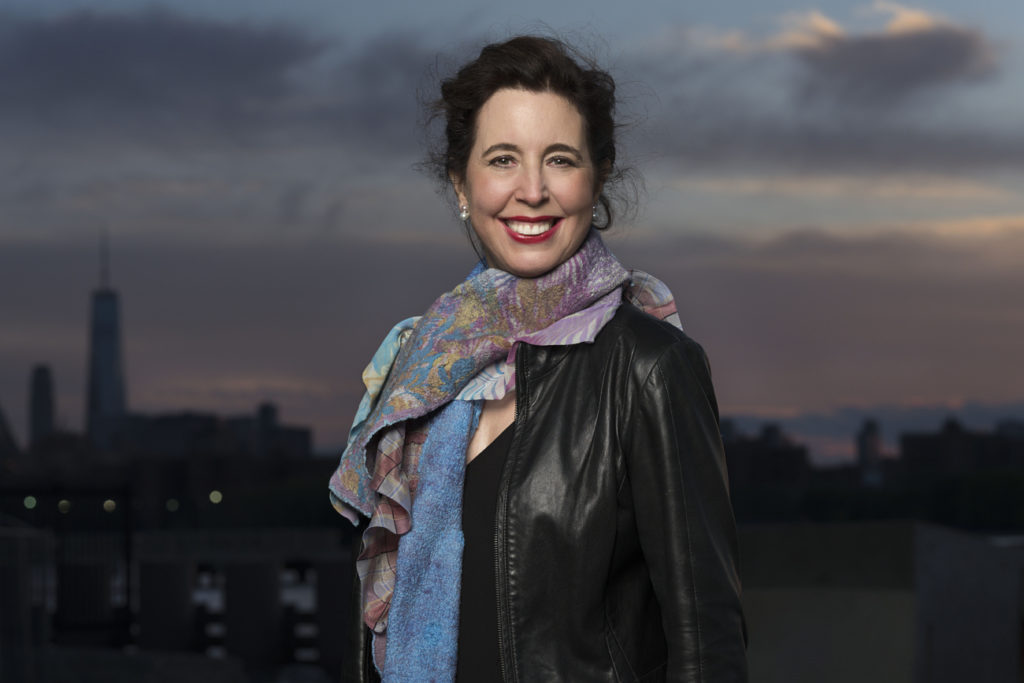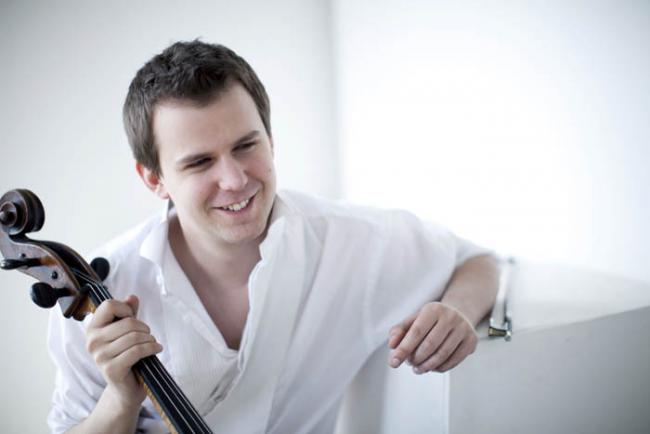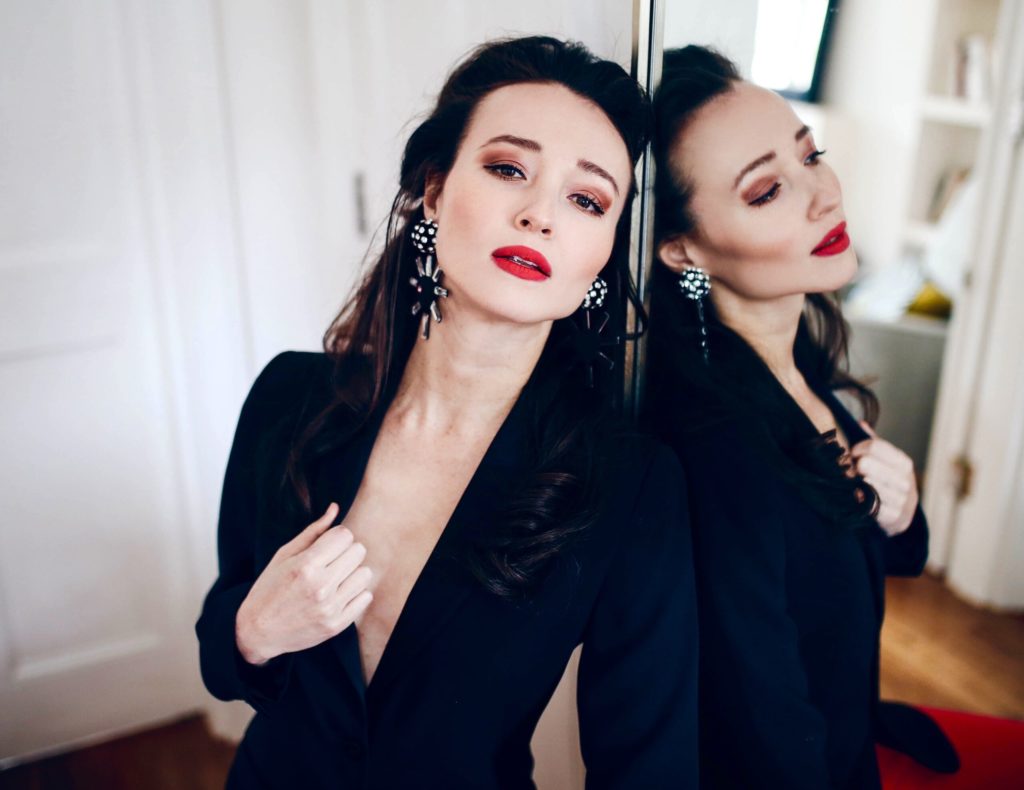
IN the words of guest speaker Dame Sheila Hancock, “classical music thrills, comforts and amazes me. When I begin to lose faith in the human species, it reminds me what the best of us can do.”
“That seems a good motto for the Ryedale Festival 2024,” says director Christopher Glynn, introducing the programme of 58 events at 35 locations that begins today.
“Our aim at the Ryedale Festival is simple: to make North Yorkshire one of the best places in Europe to enjoy and encounter classical music, and to do it with a sense of vision and adventure.
“I look forward to welcoming audiences from near and far to enjoy internationally renowned performers this summer, from Angela Hewitt performing Bach to Sheku Kanneh-Mason playing Bob Marley – and all in beautiful Yorkshire locations.
“Just as importantly, the festival offers opportunities to hundreds of local young people and a platform for emerging talent, as well as breaking new ground with seven world/UK premieres. Above all, it’s a team effort involving thousands of people who all believe in the important and life-enhancing role that music can play in our communities.”
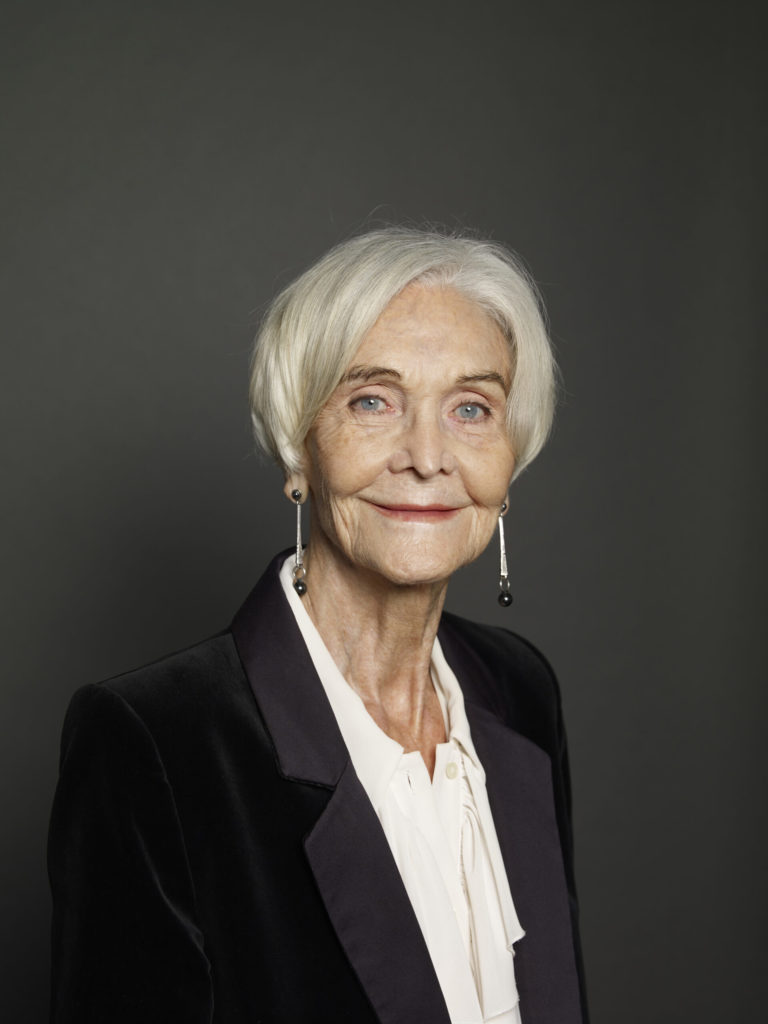
Actress and author Dame Sheila, 91, will reflect on her life and introduce live performances of favourite works by Mahler, Dvorak, Shostakovich, Chopin, Tchaikovsky, Rachmaninov, Beethoven and Sondheim’s Sweeney Todd in My Music: An Afternoon With Dame Sheila Hancock at Duncombe Park on July 25 at 3pm.
“I love classical music. It’s my stabiliser,” says Dame Sheila, who will be joined by the Carducci Quartet, soprano Caroline Blair and interviewer Katy Hamilton. “It’s one of the biggest comforts and joys of my life. And I want everybody to have the opportunity of that – I really do. We need people to know that it’s for everybody.”
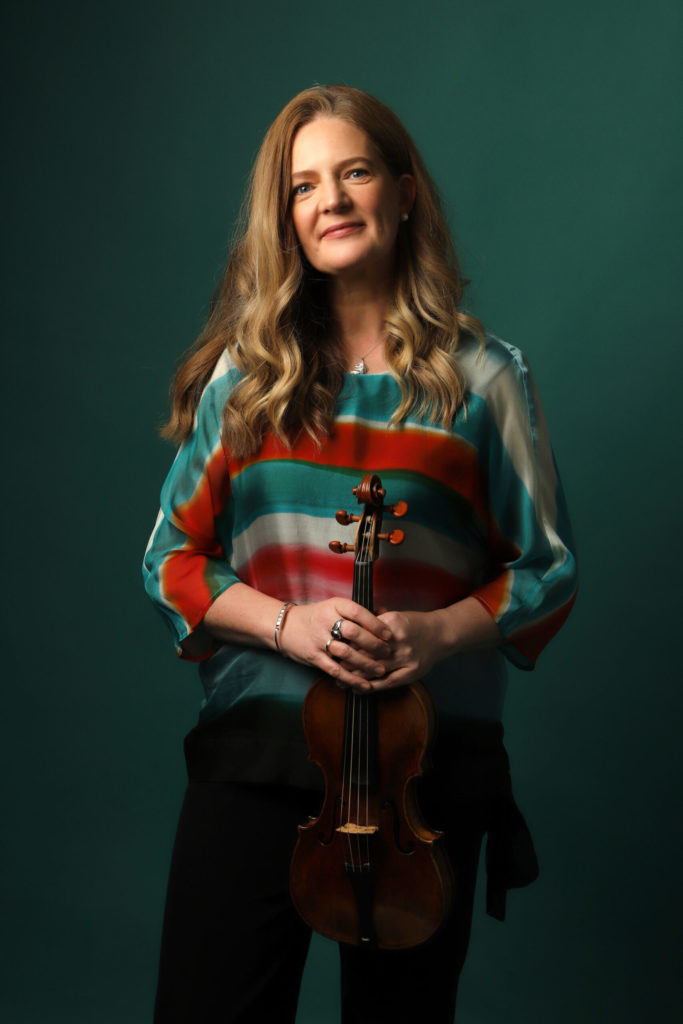
Pianist Angela Hewitt opens the festival tonight with an 8pm programme of Bach’s Partita No. 6 in E minor, Beethoven’s Moonlight Sonata, Scarlatti’s Three Sonatas and Brahms’s Variations and Fugue on a Theme by Handel at Church of St Peter and St Paul, Pickering.
The festival has no fewer than six artists in residence: international horn player Felix Klieser, who was born without arms and taught himself to play with his feet; trailblazing guitarist Xuefei Yang, whose musical journey began at a time when the guitar was banned as an “hooligan” instrument in China; mezzo-soprano Fleur Barron, born to a British father and Singaporean mother; violinist Stella Chen, the Gramophone Young Artist of the Year; the Van Baerle Trio and baroque violinist Rachel Podger, whose Troubadour Trail solo programme takes her to three North Yorkshire churches.
Nigel Short conducts the choir Tenebrae in A Prayer For Deliverance at Ampleforth Abbey on July 17 at 8pm when highlights include Joel Thompson’s title work Richard Rodney Bennett’s tribute to Linda McCartney, A Good-Night, and Herbert Howells’ Requiem to his young son Michael.
Violinist Maria Wloszczowska directs the Royal Northern Sinfonia in Mozart In Scarborough, a 7pm programme of Mozart concertos and Prague symphony at Church of St Martin-on-the-Hill on July 20.
Royal Wedding cellist Sheku Kanneh-Mason performs music from Brahms’s Hungarian Dances to Bob Marley’s Redemption Song, Burt Bacharach’s I Say A Little Prayer to Antonio Carlos Jobim’s The Girl From Ipanema, Laura Mvula’s Sing To The Moon to Dvorak’s Song To The Moon, on July 27 at both St Peter’s Church, Norton (1.30pm), and Sir Jack Lyons Concert Hall, University of York (6pm).
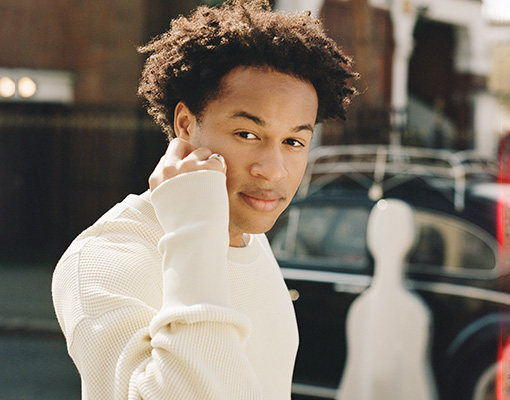
He will be joined by violinist Braimah Kanneh-Mason, guitarist Plinio Fernandes, Fantasia Orchestra and conductor Tom Fetherstonhaugh at both St Peter’s Church, Norton (1.30pm), and Sir Jack Lyons Concert Hall, University of York (6pm).
“You can spot stars of tomorrow, such as Georgian pianist Giorgi Gigashvili (who started as a child pop singer and even won The Voice), conductor and ‘spark to watch’ Tom Fetherstonhaugh, Brazilian guitar pioneer Plínio Fernandes, and an array of others, including our own Ryedale Festival Young Artists,” says Christopher.
“All are welcome to Come and Sing Fauré’s Requiem [A Tenebrae Effect Workshop] at St Mary’s Church, Thirsk or promenade through a Triple Concert at Castle Howard [Van Baerle Trio, Long Gallery; Catrin Finch & Aoife Ni Bhriain, Great Hall; Marian Consort, Chapel).
“You can also picnic in the interval of a Double Concert [Piatti Quartet and Katona Twins] at Sledmere House and Church, enjoy the Orchestra of Opera North [Final Gala Concert] at Hovingham Hall, or join us at new venues such as Selby Abbey[Marian Consort, In Sorrow’s Footsteps, Allegri’s Miserere, July 25] and stunning locations on the Yorkshire Wolds, North York Moors and coast.”
Jazz, folk and world music feature too. Claire Martin & Friends mark the 100th anniversary Gershwin’s Rhapsody In Blues at the Milton Rooms, Malton, on July 19, and Northumbrian folk band The Unthanks perform there with an 11-piece line-up on July 23.
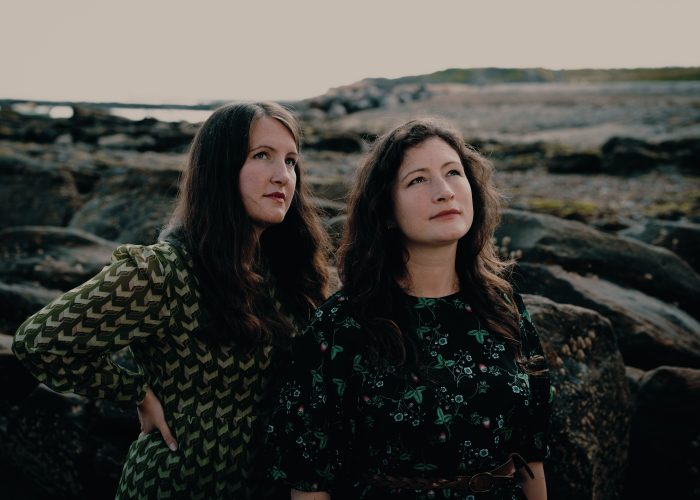
Fleur Barron and pianist Julius Drake will be joined by Hibiki Ichikawa (shamisen) and Suleiman Suleiman (actor/dancer) for Spring Snow, a meditation on sound and silence, solitude and communion, love and loss, built around the Kabuki play Yasuna and Schubert’s Winterreise as shamisen music meets Japanese dance-theatre at St Peters Church, Norton, on July 16.
Family concerts, talks, masterclasses, late-night candlelit concerts, choral evensong, Kirkbymoorside Town Brass Band and seven world/UK premieres will be further highlights.
For the full programme, visit: ryedalefestival.com. Box office: 01751 475777 or ryedalefestival.com.

